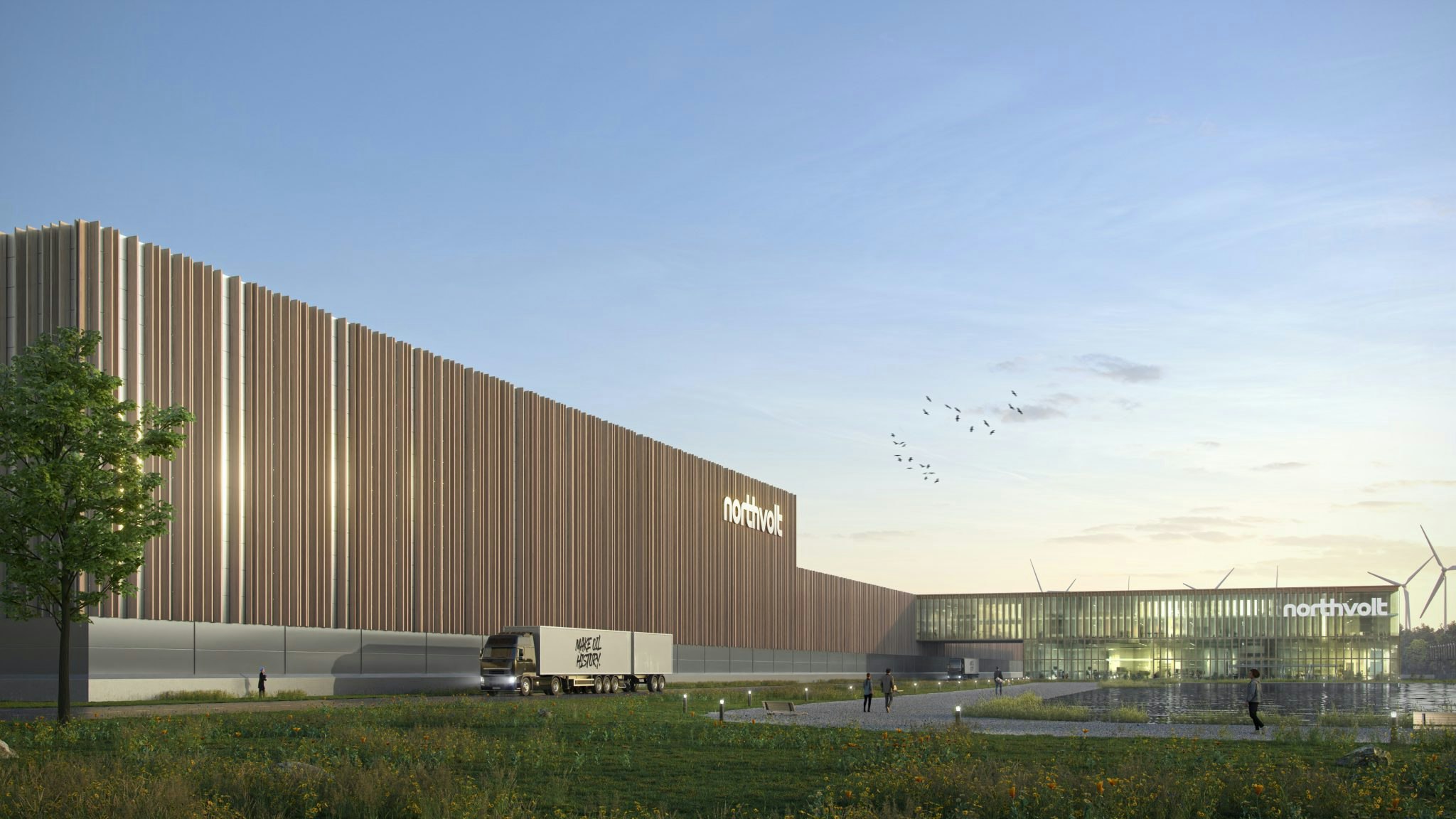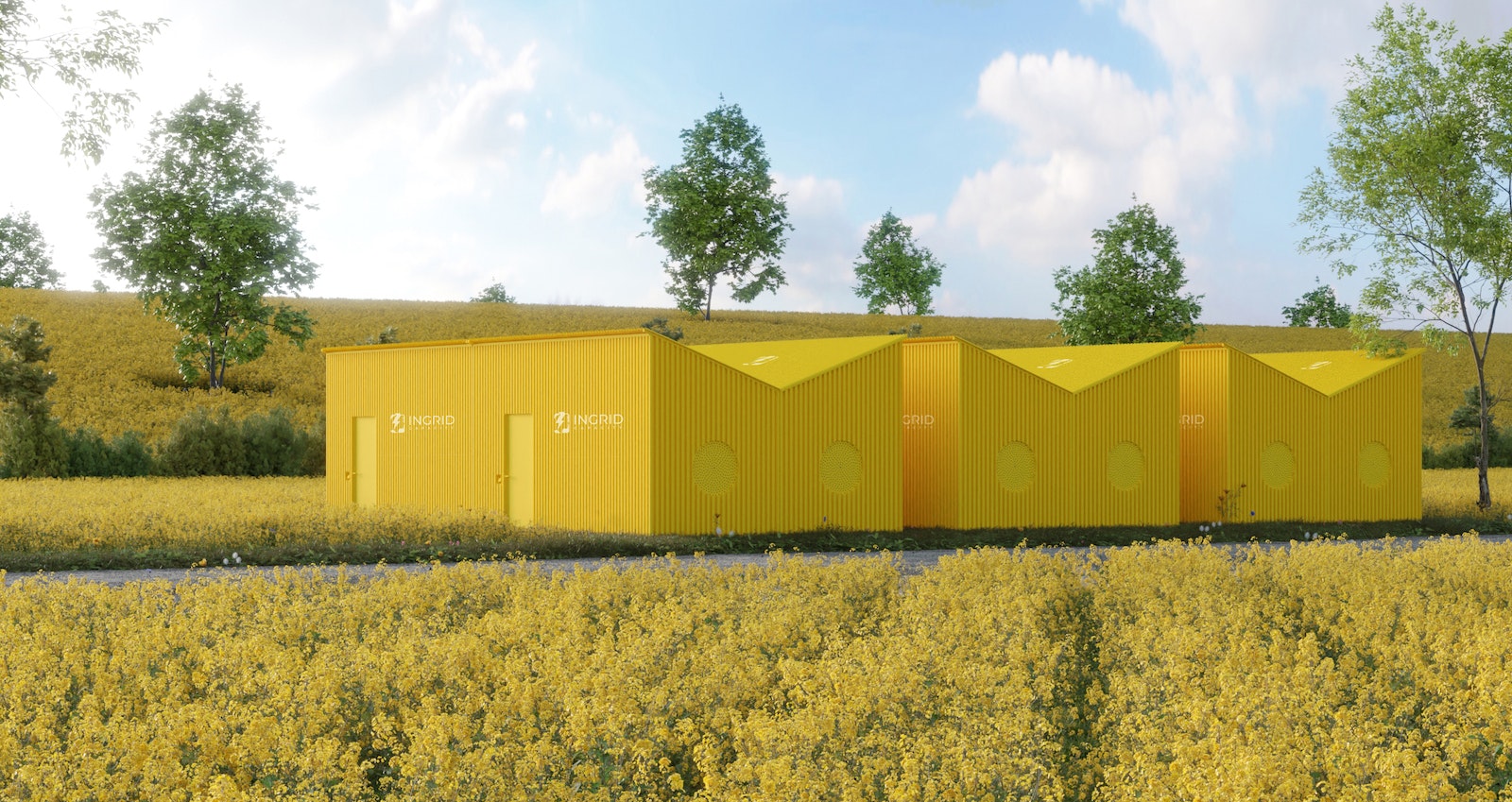Sweden-based SunRoof, a producer of roof-integrated solar panels, has raised €15m in a funding round led by Klima Energy Transition Fund.
The investment comes as Europe is desperately looking for ways to replace Russian gas with alternative sources of energy to meet growing demand and manage skyrocketing prices.
The last two years have seen investors get increasingly interested in European solar power startups. In 2021, the total value of such investments reached $1.9bn; this year, it’s already standing at $1.1bn, according to Dealroom. Recent funding rounds include €81m for Dutch solar-powered car startup Lightyear, €10m for French solar panel manufacturer DualSun and €4m for Netherlands-based solar software maker Solar Monkey.
We spoke to the SunRoof founder on this week's Sifted Podcast — check it out here or wherever you get your podcasts.
Why is solar booming?
This might be the golden age of solar energy: it’s not only clean, but the war in Ukraine has bolstered its credentials as one of the best alternatives to Russian gas, as it’s cheap, home-grown and fast to install. The problem is there isn’t much infrastructure for it.
In May, the EU set new targets for solar energy deployment across Europe: it would like to bring online over 320GW of solar photovoltaic by 2025 — more than double 2020's level — and almost 600GW by 2030. To achieve this, Brussels wants to make rooftop solar panels compulsory for all new public buildings by 2026 and all new residential houses by 2029.
This is where SunRoof steps in: it offers solar panels integrated in roofs — think roofs made entirely of tile-like black photovoltaic (PV) panels. It also offers customers energy management systems, including storage, and monitors and manages energy production and consumption via an app.
There’s no competition in the world that would produce more power from a square metre
The company’s CEO is Poland-born serial entrepreneur Lech Kaniuk, who founded the company with his brother Karol, the brains behind the technology. He says that the integrated solution is superior to traditional mounted panels: its production has a smaller CO2 footprint as it uses fewer resources and materials and, he adds, the final product looks more elegant too.
But he also claims that SunRoof’s solution stands out among other similar integrated products, for example the roofs made by Tesla. SolarRoof is made of silicon (the same material used in traditional PVs) while other integrated solar roofs are manufactured with photovoltaic foil, which is more flexible but generates less power.
“Out of all the integrated solar panel solutions, our roof is the strongest. There’s no competition in the world that would produce more power from a square metre,” he says, stressing that SunRoof usually generates more power than a household needs. SunRoof can produce up to 200 watts per square metre [W/sq m], while other building integrated solutions reach around 160W/sq m.
Kaniuk’s long-term vision is to connect his roofs so they become small power plants — and to enable customers to manage their power and sell the excess for profit.
“I don’t want it to be an ordinary roof company,” he says. “I want it to be a tech company which deals with production and management of energy, and the roofs are the first element of our long term strategy.”
Expansion preparation
SunRoof grew from 10 people in January 2020 to over 130 employees at the beginning of this year. Its new funding, which was led by Klima Energy Transition Fund but also involved VC firms like Inovo VC, SMOK Ventures, Alfabeat and Level2 Ventures, plus business angels including Jon Olsson, skier and entrepreneur, should help the company to manage this growth.
It will also use the capital to strengthen its position in its current markets — Sweden, Poland and Germany — and increase sales and production capabilities. Wider international expansion is also on the cards.
“Our sector is still in its infancy, it’s very small and underdeveloped. We’re in a hurry to be absolutely and undoubtedly number one in terms of geographical accessibility, the speed of installing our roofs and the availability of products,” Kaniuk says. “We’re preparing to show that we can not only grow faster than the others but also to continue to increase the gap between us and our competitors.”
Kaniuk stresses he started the business in a difficult time; he’s had to deal with the pandemic, inflation, an unstable geopolitical situation and, most of all, supply chain problems. The company has already had problems supplying roofs to customers because of the lack of raw materials — and wants to improve this to be able to deliver thousands of roofs monthly.
“The other companies are very much focused on technology. We can develop our technology later,” he adds, stressing that for now SunRoof can still generate the most power in its segment. “But if we now master sales and delivery of a good product to clients, then we’ll outpace them. When [the EU solar strategy] starts to come into force, then people will want to buy from the most popular company.”
He estimates that the preparation for a further expansion will take him up to eight months and then he’ll look for another financing round for this purpose.
“The ambition is [covering] the whole world,” he says.


